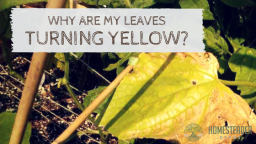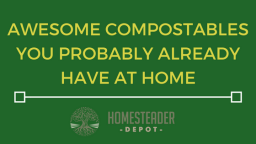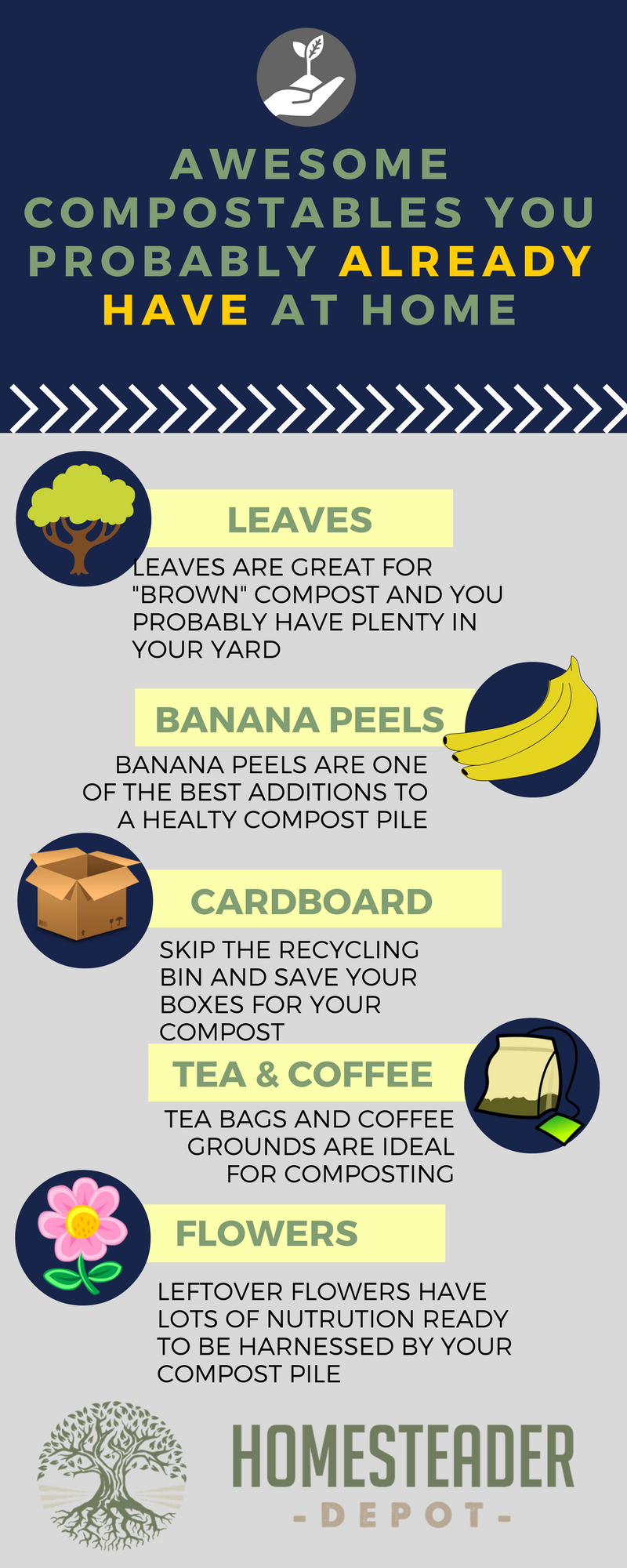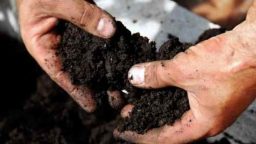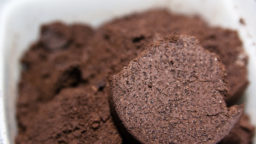Yellow leaves are never a happy sight to see on plants you’ve been caring for and watch grow. And they’re not a good sign. Yellow leaves on plants or entirely yellow plants can be indicative of a number of different issues. Here are some of them:
Pests
One possible cause of yellow leaves is pests that are living on the plant and leaves and taxing the plant’s energy and resources. To determine if this is the cause, inspect the plant carefully to see if you can find any pests. To treat this, you’ll need to eliminate the pests themselves. Neem oil or insect-killing soap are great organic options for a pesticide.
Overwatering
Plants can become yellow if they get too much water, and poor drainage or too much clay content in the soil can be a common culprit of this. To combat this, try to mix some sand into the soil or waterless.
Boost your plants growth by 10 TIMES…in half the time…with the help of fish. Learn More Here>>>
Lack of sunlight
Sunlight is what plants need to thrive, and if they’re not getting enough and aren’t shade-tolerant plants, this might be a cause of yellowed leaves. If this is the case, your leaves will be floppy and faded in color. If you have potted plants, try moving them somewhere they’ll get more sun, or, if your plants are in the ground, transplant if you can or simply choose a sunnier spot for these particular plants next year.
Dehydration
Not enough watering can also cause yellowed leaves, as plants require water to transport the essential nutrients of the soil to their foliage. If leaves feel crunchy and dry, dehydration is probably the culprit. Make sure your plants receive enough water and check daily for the moisture content of the soil. Soil should hardly ever be completely dried out if you stick your finger into it.
Nutrient deficiency
If the leaves of your plants are yellowing, they could be deficient in any number of essential nutrients. If you haven’t been fertilizing or amending your soil, be sure to give them some compost tea or store-bought organic fertilizer for either growth or blossom, depending on what stage they are at, and buy some nutrient testing strips to test the nutrient content of your garden so you can amend appropriately.
Plants are just like people, they need proper food, hydration, and care to thrive! Help respond to your plant’s needs by checking for these important issues and address them today.
Check THIS OUT — Breakthrough in Electric Car Technology Powers An Entire Home>>>
